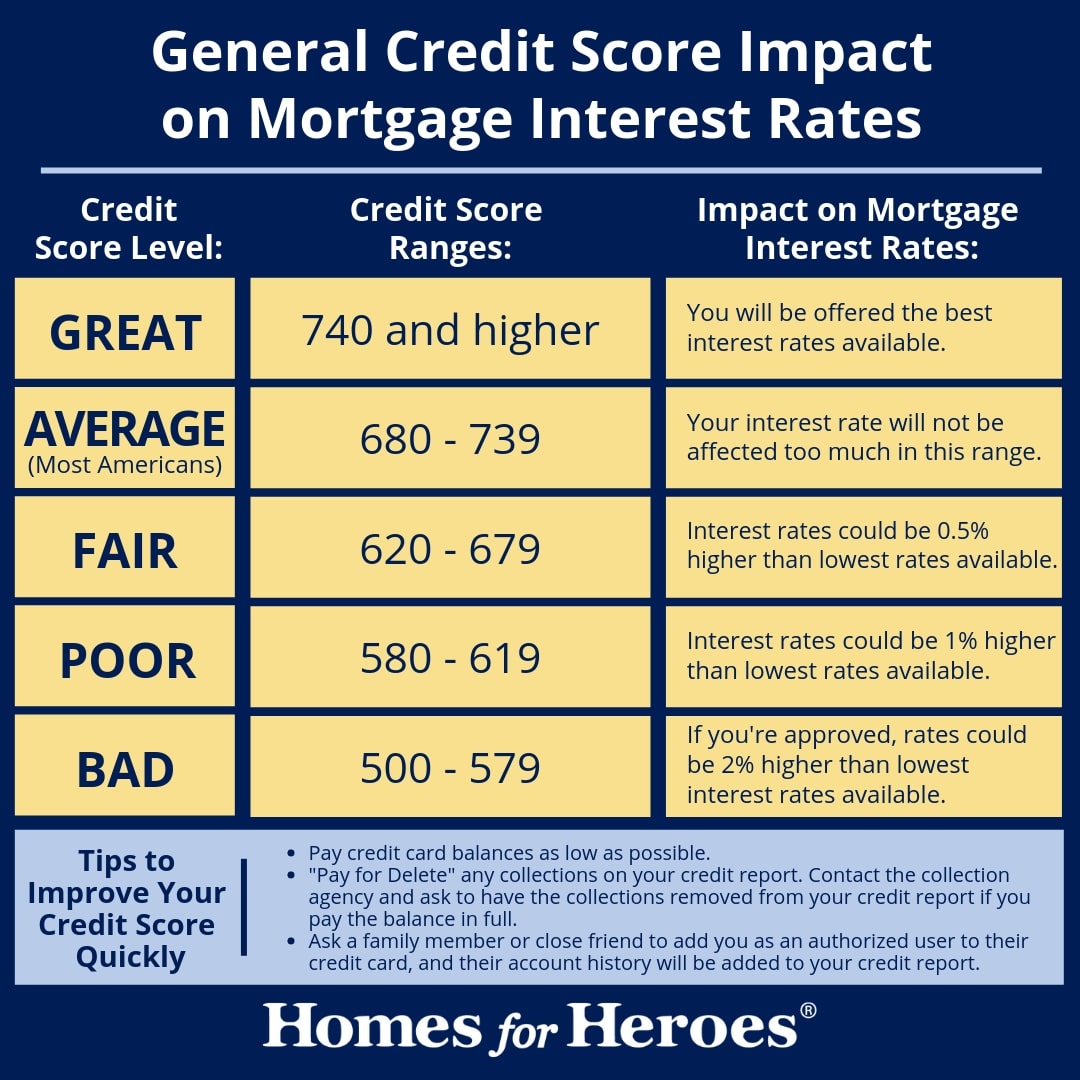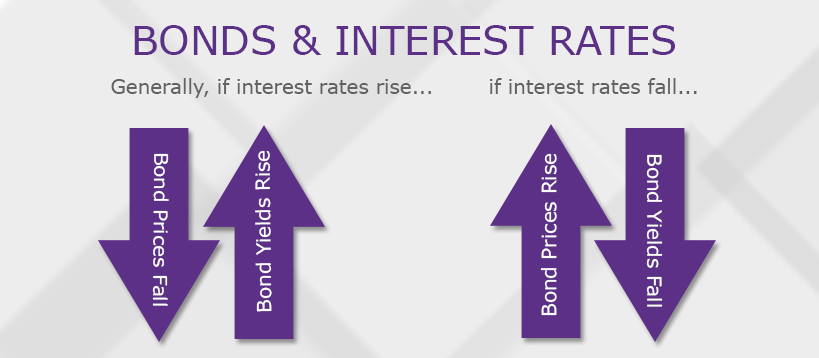Securing a reverse home loan is a big decision, since you may not have the ability to leave this loan without offering your house to settle the financial obligation. You likewise require to thoroughly consider your options to avoid consuming all the equity you have actually developed in your home.
Reverse home loans normally are not utilized for trips or other "enjoyable" things. The fact is that many borrowers use their loans for instant or pushing financial requirements, such as settling their existing mortgage or other debts. Or they may think about these loans to supplement their monthly income, so they can afford to continue living in their own home longer. Adjustables have five payment choices: Set month-to-month payments so long as you or your qualified partner stay in the house Set monthly payments for a set period Undefined payments when you require them, till you've exhausted your funds A credit line and set month-to-month payments for as long as you or your qualified partner reside in the home A credit line and set regular monthly payments for a fixed period of your choosing To make an application for a reverse home mortgage, you should satisfy the following FHA requirements: You're 62 or older You and/or a qualified spouse who must be named as such on the loan even if he or she is not a co-borrower reside in the home as your primary home You have no delinquent federal debts You own your house outright or have a considerable quantity of equity in it You participate in the necessary therapy session with a house equity conversion mortgages (HECM) counselor authorized by the Department of Real Estate and Urban Development Your home satisfies all FHA home requirements and flood requirements You continue paying all real estate tax, house owners insurance and other home maintenance costs as long as you live in the home Prior to releasing a reverse home mortgage, a lending institution will inspect your credit history, validate your monthly earnings versus your monthly financial obligations and order an appraisal on your house.
Almost all reverse home mortgages are released as house equity conversion home mortgages (HECMs), which are insured by the Federal Housing Administration. HECMs come with rigid loaning guidelines and a loan limitation. If you think a reverse home mortgage might be ideal for you, find an HECM counselor or call 800-569-4287 toll-free for more information about this financing alternative.

A reverse home mortgage enables house owners, particularly those who are of retirement age, to obtain against the equity in their homes. One advantage of a reverse home loan is that lending institutions don't generally have minimum income or credit report requirements, which can help house owners aiming to cover living expenses. But a reverse home mortgage includes numerous downsides, such as in advance and ongoing costs, a variable interest rate, an ever-rising loan balance and a decrease in home equity.
As its name suggests, a reverse home loan is the reverse of a standard home mortgage loan. With a reverse home loan, you do not obtain money to purchase a house; rather, you tap into the equity of your home to secure a loan. A reverse home loan is indicated for house owners who have actually settled their home mortgage or who have built up a lot of home equity.
One of the advantages of a reverse home mortgage is that loan providers characteristically do not impose income or credit requirements. Earnings from a reverse mortgage are typically tax-free, and not a cent of the loan needs to be paid back if the borrower stays in the home, pays property taxes and house owners insurance coverage, and covers upkeep costs.

The Buzz on What Types Of Mortgages Are There
Those scenarios trigger the requirement for you, your spouse or your estate to pay back the loan. 3 sort of reverse home loans are readily available: Single-purpose reverse home loan: These loans, readily available from government companies and not-for-profit groups, are created for simply one purpose laid out by the loan provider. For instance, someone may utilize timeshare specialists profits from a single-purpose reverse home loan to deal with a home improvement job or pay real estate tax.
Exclusive reverse home mortgage: Proprietary reverse mortgages, available from personal loan providers, use Find more info more versatility than single-purpose reverse home mortgages. Unlike single-purpose reverse home mortgages, proprietary reverse mortgages usually do not included restrictions on how you can spend the proceeds. This choice can be especially appealing to owners whose homes carry high values and who wish to borrow a considerable sum of cash - what does arm mean in mortgages.
An HECM, guaranteed by the Federal Housing Administration (FHA), is the most typical type of reverse home mortgage. Since 2020, the HECM loaning limit was $765,600. Although earnings from an HECM can be utilized for any function, some homeowners might not certify due to certain limitations. These loans are offered just to homeowners who are at least 62 years of ages.
Those include:: Comparable to a conventional home mortgage, a lending institution normally charges several charges when you get a reverse mortgage. Those can include a mortgage insurance premium, an origination charge, a maintenance fee and third-party charges. For an HCEM, the initial home mortgage insurance coverage premium is 2% of the loan silver leaf timeshare quantity; on top of that, you'll pay a yearly home mortgage premium of 0.
You'll likewise pay an origination fee of $2,500 or 2% of the first $200,000 of your house value (whichever is greater), plus 1% of the amount surpassing $200,000; origination charges can not exceed $6,000.: Most reverse home mortgages have variable interest rates, indicating the rates of interest that figures out just how much is included to your loan balance every month fluctuates throughout the life of the loan.: Interest paid on a reverse home loan can't be subtracted on your yearly tax return until the loan is paid off.: A reverse mortgage can siphon equity from your house, resulting in a lower asset worth for you and your heirs.: If your house isn't in great shape, you may require to make repair work prior to you can receive a reverse mortgage.: Aside from when a homeowner dies or vacates, the reverse home mortgage loan might require to be repaid faster than anticipated if the owner stops working to pay real estate tax or house owners insurance, or if the owner isn't staying up to date with home maintenance.
In addition to its downsides, there are 3 examples of when a reverse mortgage might be totally out of the concern: You want to move fairly soon. Timing is very important when it comes to taking out a reverse home loan. If you're aiming to relocate in the next couple of years, it might not be a good idea to saddle yourself with a reverse home loan.